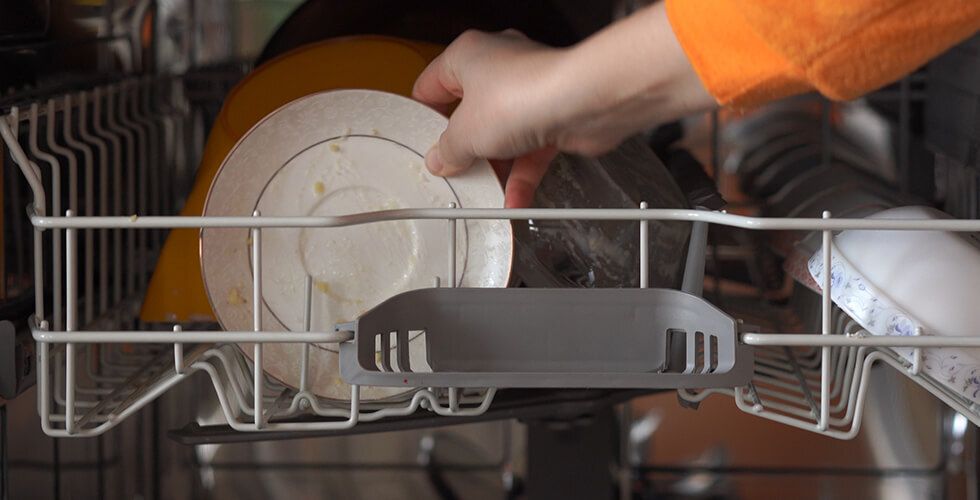
If you’ve been scrubbing dishes by hand to “save energy,” science says you might be working harder for worse results. Research shows that using a dishwasher isn’t just easier—it’s usually better for the environment and your health.
A study from the University of Michigan, backed by multiple independent reviews, found that dishwashers use less than half the water and produce less than half the greenhouse gas emissions compared to typical hand washing. Most of that savings comes from efficient water heating and reusing water during cycles. Instead of running a constant stream of hot water like most people do at the sink, dishwashers spray and recycle a fixed amount several times before draining.
Beyond efficiency, dishwashers have a hygiene edge. They heat water to temperatures too hot for human hands, killing far more bacteria than manual washing ever could. A famous study dating back to 1947 found that machine-washed dishes consistently carried less bacteria than those cleaned by hand, especially when towels were used for drying.
To get the most out of your dishwasher, experts recommend skipping the pre-rinse. Simply scrape food scraps into the trash, load the machine, and let it handle the rest. Running it only when full and turning off the heated dry cycle can maximize both energy and water savings.
For those without a dishwasher, the only hand-washing method that rivals machine efficiency is the double-sink technique: one basin with soapy hot water for washing, another with cool water for rinsing, and absolutely no running tap.
Bottom line: your dishwasher is not only a time saver but also a water- and energy-saving device that delivers cleaner, safer dishes. So next time you’re tempted to scrub at the sink, skip the work and press start instead.

